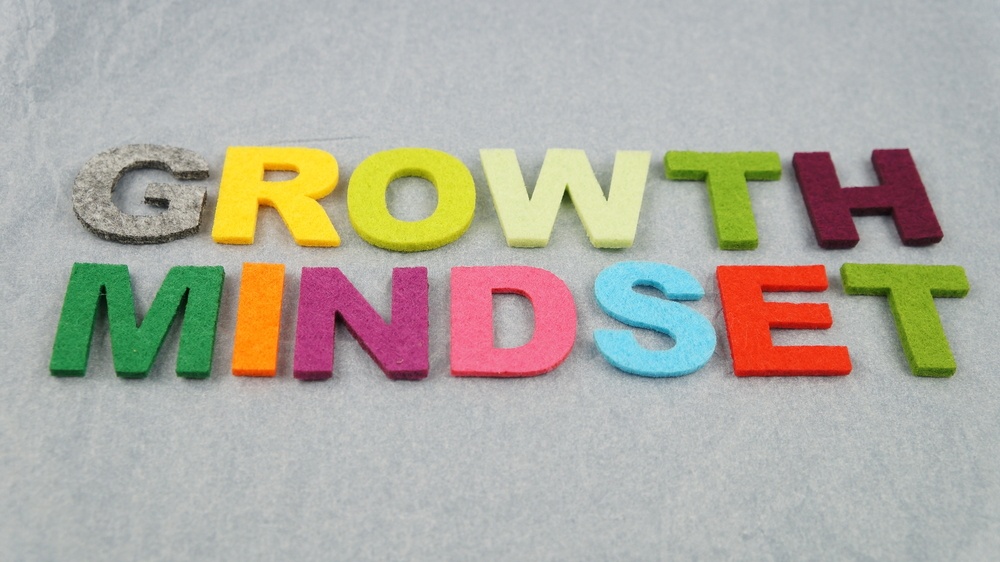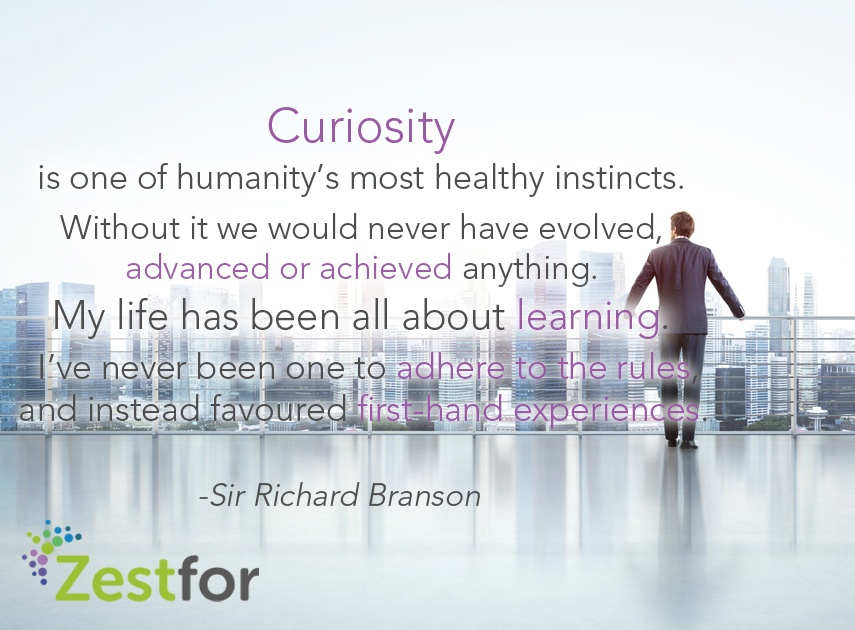Interested in developing a growth mindset this year? As 2017 eases in there is one certain way to make it your best year yet and that is to develop your mindset. In different ways, we have been exploring this in our various posts and this time of year is the ideal time to set the frame for how we want things to be; don’t you agree?
We started to help you with the process through the handy infographic we published as our first post of the year. You can find it here.
The idea behind this list came from a good friend of mine who has decided that 2017 will be the year where he comes from a place of half full rather than half empty. Hence listing several alternative ways of being that he might want to consider.
This leads me onto explore more about the impact of our minds on our own performance.

What is a growth mindset?
The term is explored in depth by Carol Dweck, the Stanford University lecturer in her book Mindset. If you haven’t devoured it yet, then it comes with my highest recommendation as an excellent book on this important topic.
The fundamental principle is that there are two mindsets -fixed and growth-and that our ability to embrace one or the other is a major contributor to how much success and ultimately happiness we experience in our lives. Dr Dweck has based her book and observations on her extensive academic research.
The enlightening theories basically state that anything is possible provided we put in the work necessary and of course believe that you will succeed, which we shared in our last blog post.
So, when it comes to creating a powerful growth mindset where should we start?
1. Leaders learn
This is a great state of being to adopt and take everywhere with you. Working with leaders across the globe one thing I notice about the individuals who are at the top of their respective organisations is their obsession to learn everything they can to improve their performance.
I was reading an interview with Sir Richard Branson recently and was fascinated to hear how he is still obsessed with learning as much as he can. I couldn’t resist sharing his quote below.

An easy first step is to read Carol’s book and of course watch our recorded webinars here !
2. Practise accurate thinking.
Accurate thinking is a term often quoted by Napolean Hill the author of Think and Grow Rich, a classic New York Times bestseller on success.
The premise here is that our minds occasionally feed us false information, especially when it comes to our innate abilities to do things!
Therefore, it’s important to check out the true facts about how great we are.
My husband often reminds me about the look of panic on my face when my daughter presented me with her organic chemistry homework. For a minute, I apparently went blank before I ‘came around’ to remember that I have a degree in Pharmacy!
Time to remember all your many gifts, talents skills and strengths.
Ask others for feedback such as your closest friends, family members, manager and colleagues as they can offer slightly different views and give you an overall perspective on what to focus on and areas for development.
3. Say goodbye to your comfort zone.
We live in a world that is constantly changing, growing and developing. Which logically means we must too, therefore comfort zones aren’t really a great place to hang out are they?
Challenges and new experiences help us grow and deliver huge value to the world. Many scientists read this blog, I know. I ask you then about all the heroes in your field who have done great work- do you think they operated outside their comfort zone?
Which leads me onto one final idea to consider.

4. Feedback rather than failure
Thomas Alva Edison was a man of endless patience and conviction when it came to his inventions. According to his biography a quote from his friend Walter Mallory sums up this inventor’s take on feedback versus failure.
“I said: ‘Isn’t it a shame that with the tremendous amount of work you have done you haven’t been able to get any results?’ Edison turned on me like a flash, and with a smile replied: ‘Results! Why, man, I have gotten lots of results! I know several thousand things that won’t work!'” -Walter Mallory
Remember failure is an event.
On this occasion X, Y or Z didn’t work. Therefore, let’s analyse what happened.
Which elements did work and which didn’t, therefore what do I now need to do instead?
This positive take on failure is a classic sign of an individual with a growth mindset: Is that you?
Until next time,
Julia









